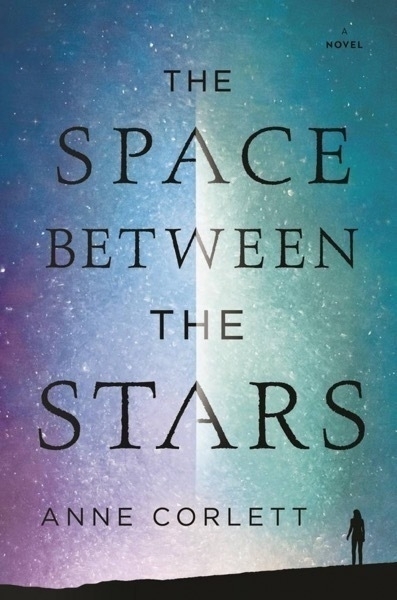📝 Five Things I Miss About The Library

I wrote this nearly a year ago after we’d been unable to go to the library for three months. I’m so glad the libraries are open now, and reading this again makes me very grateful. I hope you are able to take advantage of your local libraries now that they’re opening back up again!
Wherever you are at this moment with the world as it is right now, I hope you are safe! But more than likely, wherever you are, many public institutions have been shut down because they aren’t seen as critical for life. I’m not sure about you, but while I completely accept that it’s unnecessary, my local library is still the one I miss most.
There’s something about being able to go somewhere specifically to ‘do work’, whether that be actual work for your real jobby-job or to grapple with that novel or blog post you’re working on. It’s like having a co-working space or coffeeshop table you don’t have to spend money on and your mind can immediately switch into work mode. For me, sitting down at a desk and opening my document gets me into that writing mindset better than I have ever been able to at home. Away from the devices and distractions of home, I’m able to do good work. I’ve found that out over the past few months of being stuck at home, and I miss that level of productivity!
Ok, you knew it was coming - simply being able to request and borrow books is obvious, but it’s still awesome. I really do miss being able to go to the library and take home the books I want to read. For free. There was never a time didn’t go to the library, but I do remember being passed a special card with my name on it. Although she held onto it because I bet I’d have lost it as soon as possible! But that card allowed me to pick books I wanted, walk to the front desk and take them home for a few weeks without having to pay for them was amazing to me. And it is still amazing today! Even though we can totally borrow eBooks and audiobooks from libraries remotely, there’s nothing like a physical book with its heft and feel and smell, and I miss that too!
Then there are the quirks and oddities. The people you only see at the library, the folks who are constantly working on the old library computers, the riotous parent and baby groups, people with massive, old laptops with large power bricks they’ve hefted to the library just for the free WiFi. All of these different people are making use of the awesome potential of the library to work on their magnum opus or sing at the top of their little lungs or just print out the route to their caravan park because they don’t believe in using a smartphone. I miss that tiny sense of camaraderie and the curiosity that builds each time you sit down at a desk, although bringing headphones to avoid the singing toddlers and parents is always advised!
You know when you’re in the library, or even a book shop and you’re just browsing for the sake of it? Being able to just walk around the aisles perusing the books, looking at the curated displays or just glancing over the book spines. This is definitely something I really miss now that I know I can’t do it. I find being able to interact with the library, even if just subconsciously, helps me think and develop ideas. It’s both inspiring and terrifying to see so many examples of people who put enough time and effort in their lives together to get their books published and on the shelves for anyone to walk up to and touch. As lovely as it is sometimes to have a nice big screen computer at home, this is something that sitting at my own desk just cannot replicate.
You know when that one book just twinkles at you in the corner of your eye and draws you to it? Whether it’s the title or the author or the design? You go over and pick it up because of course, you’re just browsing for the sake of it. This book is somehow just the kind of book you’d like to take home with you and read, even though a minute before you had no idea of its existence. The chance of finding that book is vanishingly small, and yet here it is in your hand. This has happened to me only a few times, but I found books that hooked me and still remember to this day. I even ended up buying some of them so I could re-read them whenever I want!
I know there are plenty of other reasons that this pandemic has made life far harder in more material ways than simply not being able to go to the library. This speaks of massive privilege on my part, and I accept that. But of all the non-essential places that I’m excited to see re-open when it’s safer, the library is definitely top of my list.
Photo by Clay Banks on Unsplash
